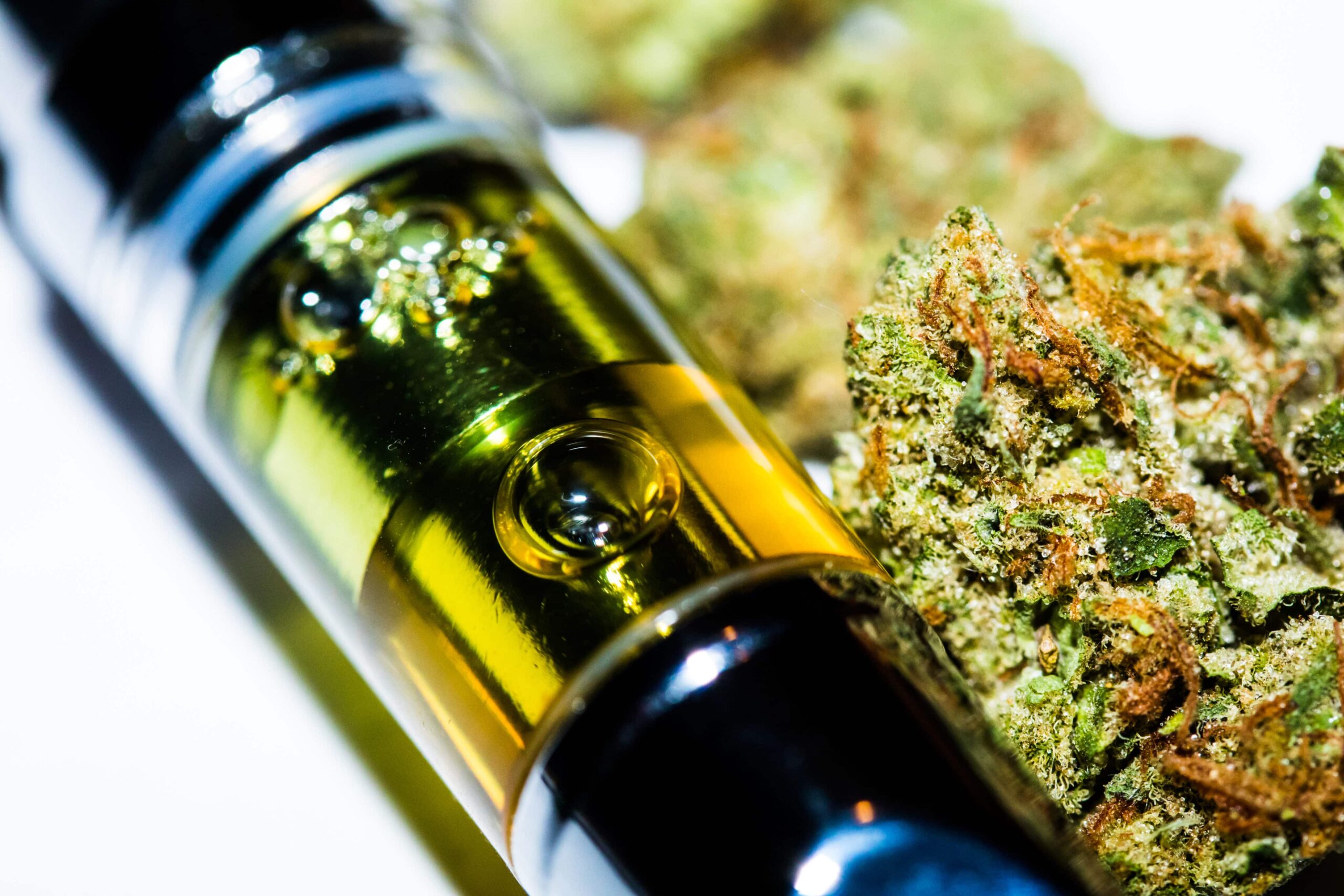
Cal NORML warns of potential THC-O-Acetate risk
New data reveals a potential problem with vaping THC-O-Acetate, and the reasons are worrying. The California branch of the National Organization for the Reform of Marijuana Laws (NORML), Cal NORML, on Jan. 9 issued a warning about a study showing a significant risk to people who vape products containing THC-O-Acetate contain.
First published in the Journal of Medical Toxicology on December 12, 2022, a team of researchers led by Neal L. Benowitz discovered an association between THC-O-acetate and a significant pulmonary hazard. THC-O-Acetate shares structural similarities with Vitamin E Acetate—an additive that becomes harmful to the lungs when converted to heat.
According to the California Department of Health and Human Services, 249 Californians became ill and hospitalized in the 2019-20 EVALI lung disease outbreak — five of them fatally. On November 15, 2019, the Centers for Disease Control and Prevention (CDC) confirmed that vitamin E acetate is the likely culprit for EVALI. Vitamin E acetate also produces carcinogens such as alkenes and benzene when heated.
When heated in a vape pen, both substances – vitamin E acetate and THC-O-acetate – produce ketene, a “potent lung toxin”.
“We issued the press release specifically because of a study showing that vaping vitamin E acetate is similar to THC-O-acetate,” Dale Gieringer, director of Cal NORML, told the High Times.
“Apparently, when heated, it produces a severe lung toxin called ketene.”
As cannabis users, we often have to filter through the anti-cannabis hysteria, but certain risks remain when products are not properly regulated. Normally, vaping hazards arise when random thickeners and untested compounds are added.
Gieringer added, “We have major concerns about some of these other new cannabinoids synthesized from hemp, which are brand new and have never been tested in humans before. Some of them are advertised as being much more potent than THC. THC-O-Acetate is advertised as three times more potent than Delta-9. THCP is advertised as having 30 times the binding power to receptors than THC. This kind of reaction raises many concerns for us.
“These compounds have never been found before in nature – being made by fairly amateurish underground hemp chemists – are a cause for great concern.”
Gieringer added that delta-8-THC isn’t his main concern as a little more is known about the compound, but it’s contaminants and other emerging cannabinoids that he’s most concerned about, mostly due to the unknowns: THCP, THCjd . THC-H, THC-B, HHC and Delta-10-THC.
Cal NORML reports that a recent Ninth Circuit Court decision (AK Futures v. Boyd Street Distro) ruled the sale of psychoactive hemp derivatives legal under federal law. That’s up for debate, however, as synthetic cannabinoids may be considered illegal under the Federal Analogue Act.
Under the 2018 Farm Bill, cannabis with less than 0.3% THC can be legally grown and its products sold nationwide, but THC levels often exceed the limit.
California’s industrial hemp law, overseen by the California Department of Public Health (CDPH), currently prohibits the sale of hemp products containing active cannabinoids other than CBD.
THC-O-Acetate begins as hemp-derived CBD and goes through a chemical process. Aside from how cannabinoids like delta-8-THC from CBD are processed, acetic anhydride is added to the mix, turning it into an acetate.
THC-O is thought to be three times as potent as delta-9-THC — the naturally occurring cannabinoid most of us are used to.
“Cal NORML strongly advises consumers to avoid hemp products containing psychoactive cannabinoids, particularly novel ones that are more potent than THC, the safety of which is particularly questionable. CBD products can be safely sourced from federally registered manufacturers of industrial hemp products, whose products must be tested for safety and cannabinoid content,” the press release reads. “Under state law, hemp products should have a batch number and label, website, QR code or barcode linked to lab test results showing cannabinoid levels, total THC, and the presence of impurities, as well as address and indicate the phone number of the manufacturer. Violations may be reported to CDPH.
Cal NORML adds that the less common cannabinoids considered safe for human use are CBN, CBG, CBC, THCV, THC-A, CBD-A, and Delta-8 THC.

Post a comment: